Before we begin
Secrets lie at the heart of so many stories: the secrets that bind, divide, that gather more and more power or dissolve into irrelevance as time passes. You don’t have to tell us a secret you’ve been keeping but tell us how keeping secrets has affected your life. Have you had to keep a secret for a long time? Have you learned secrets that others tried to keep from you? When are secrets necessary? Does your family have an official or unofficial keeper of secrets?
Welcome! You’ve reached Spark. Learn more here or just read on. If you received this from a friend, please join us by subscribing. It’s free! All you have to do is press the button below. If you have already subscribed, welcome back! BTW, if this email looks truncated in your inbox, just click through now so you can read it all in one go.
What does it mean to be a good woman?
When I read a story or watch a movie, I often feel like a kid pressed up against a window peering in. The best writers inspire the kind of empathy that allows me to imagine my way into their shoes but then, inevitably, I smack up against the glass that separates us. I can see, understand, but I cannot be them, even for a moment. As a child, this desire to be another drove me to keep reading.
These days, I seek something more achievable, connection perhaps, for want of a better word. Those fleeting moments when there is contact with another human soul that enlarges my own. I seek this in life. I seek it in the pages of novels and stories. I seek, too, a chance to connect with another writer, to marvel at how a writer arranges her thoughts and words in such a way that I must put the book down a moment so I can think, or underline, or save it to read again. Scenes, images, voices resonate long after I’ve closed the last page. I want to write as well as they do, my own thoughts in my own voice.
I’ve been thinking about all of these ideas since I finished Deesha Philyaw’s The Secret Life of Church Ladies, a collection of nine stories about Black women and girls as they grapple for what they want and to be who they are against the expectations of their mothers, their friends, and, the churches that helped form them.
“What Mama had was the love of Jesus – whose touch, Daughter imagined, was too ephemeral to quench anything – a quieter, more passive love than the men she brought into her bed, but who nevertheless demanded everything.” - Deesha Philyaw, The Secret Life of Church Ladies
These stories are tender, tough, funny, sad, always smart and challenging. They got me thinking about mothers and daughters, church and community, friends and lovers, and how these connections can stretch near the breaking point but still cling like strands of taffy. Breaks are never clean and final. You take your past with you. You can’t shake the upbringing. You can only lug it along with you and try to balance things later. These are concepts that I can relate to. We all have our own mothers, our own sticky relationships with the past.
For Olivia, the narrator in “Peach Cobbler,” this means lugging the secrets she was forced to keep about her mother, a mistress of the church Pastor whose money helps keep a roof over their heads even as it trapped them. Her mother warns Olivia not to be like her, and, in key ways she succeeds. In a later story, “Instructions for Christian Husbands,” she is the owner of her own business, a bakery, and is dependent on no man. At the same time, she remains single and is a mistress although, unlike her mother, she dictates the terms:
“Why do you turn me on? It’s that you want me when there are so many reasons you shouldn’t. That turns me on. Your hunger, your deprivation turn me on. I don’t care why your wife won’t fuck you properly; it’s satisfaction enough simply knowing she won’t. All the risk is yours, but I’ll wade out into it with you. I’ve always enjoyed playing in the deep end.” - Olivia, “Instructions for Married Christian Husbands”from The Secret Life of Church Ladies
Olivia, like all the narrators in these stories, makes no apologies for the decisions she’s reached the hard way. All these women have their secrets, their heartbreaks, their longings. In “Snowfall,” the narrator is Arletha who is stranded in a cold northern city with Rhonda, the woman she loves. They are bound by their shared memories of mothers, food, and church. In one of the most beautiful passages in the book Arletha of all the things and people they miss that, by the end, broke my heart. The weight of these memories bears down on Arletha’s relationship with Rhonda to the breaking point. Arletha could return to her mother’s embrace but she would have to return alone. The resolution of the story captures how love and loss must coexist if one is to live one’s life.
“And I wonder if I will ever stop noticing and cataloging all the things we do here that we didn’t– and couldn’t – do back home. I wonder if that catalog will ever grow long enough to become enough. For me.” - Arletha, “Snowfall” from The Secret Life of Church Ladies, by Deesha Philyaw
And this story, “How to Make Love to a Physicist,” is a love story that begins with a chance meeting at an academic convention but doesn’t come fully to life until the narrator learns to love who she is.
“As your body begins to feel like a home, your courage grows. It grows bigger than your mother’s chastisement in the parking lot after service the first time you go to church unbound. She asks why you aren’t wearing a girdle, why are aren’t sucking in the way she taught you thirty years ago, and how dare you come into the house of the Lord that way. Your mother, who complains of women in the church nowadays committing the sin of visible panty lines, reminds you that she raised you better than this.
And you say, “I’m tired of holding my breath.” Then you promise you won’t come to church that way again. And you keep your word because you won’t go to church again at all.” - “How to Make Love to a Physicist,” from The Secret Life of Church Ladies, by Deesha Philyaw
As I read The Secret Life of Church Ladies, I was aware of that window standing between my own experience and the experiences of the women who told each story. Yet the questions posed by their insightful, compassionate, and witty creator Deesha Philyaw flew right off the page into my heart: What does it mean to be a good woman? What price is too high to pay for love? What does it mean to be safe? What does it mean to embrace the person you are when it might mean losing the people you love? What does it mean to be enough? Why not take joy when life offers it? And what happens when we deny who we are or are deprived of the opportunity to truly find out?
If you haven’t read this gem of a book which was a finalist for the National Book Award and is being translated to film, put it on your list. If you have read it, let us know how you found it .
Companion Reads
As I read The Secret Life of Church Ladies, I thought of other American Black women writers whose books have delighted me, informed me, challenged me, and taught me lessons about people and writing that I want to hold onto. Here are some of them in case you are looking for some reads to take you from Black History Month to Women’s History month or just want to put some really good reads on your TBR list no matter what month it is.
Nonfiction: Tamara Winfrey Harris
“I love Black women and I want you to love Black women too,” writes Tamara Winfrey Harris in the introduction to her first book, The Sisters Are Alright. Harris invited Black women from all walks of life to share their stories and their thoughts in this anthology aimed at blasting the stereotypes that obscure black women in society. Black women of all ages talk about marriage, sex, work, aspirations, strength, health. Collectively, Harris writes, these voices convey the “humanity – the textured, difficult, and beautiful humanity that lies in the hearts of all the Black women I love.” She followed this book with Dear Black Girl: Letters From Your Sisters on Stepping into Your Power.
Fiction: Brit Bennett & Toni Morrison,
The Mothers by Brit Bennett
The church and the women who preside over it are at the heart of Brit Bennett’s debut novel The Mothers about a young woman whose teenage romance with a pastor’s son has repercussions felt years later. Secrets drive this novel forward but there are no secrets from the chorus of women whose voices collectively are “The Mothers,” the women of the church who see all and pray for all:
“We don’t think of ourselves as “prayer warriors”. A man must’ve come up with that term – men think anything difficult is war. But prayer is more delicate than battle, especially intercessory prayer. More than just a notion, taking up the burdens of someone else, often someone you don’t even know. You close your eyes and listen to a request. Then you have to slip inside their body. You are Tracy Robinson, burning for whiskey. You are Cindy Harris’s husband, searching your wife’s phone. You are Earl Vernon, washing dirty knots out of our strung-out daughter’s hair. If you don’t become them, even for a second, your prayer is nothing but words.” - Brit Bennett, The Mothers
Sula by Toni Morrison
All of Toni Morrison’s novels and essays belong on this list but this quote from Sula has stayed with me for what it says about what happens when a woman refuses the limited choices she is offered by life but is deprived of what she needs to make it whole:
“In a way her strangeness, her naivete, her craving for the other half of her equation was the consequence of idle imagination. Had she paints, or clay, or knew the discipline of the dance, or strings; had she anything to engage her tremendous curiosity and her gift for metaphor, she might have exchanged the restlessness and preoccupation with whim for an activity that provided her with all she yearned for. And like any artist with no art form, she became dangerous.” – Toni Morrison, Sula
Resources for Readers and Writers
In our Resources for Readers and Writers you’ll find many links to help you find your next reading including Well-Read Black Girl which we are highlighting below:
In 2015, Glory Edim founded Well-Read Black Girl, a book club devoted to works by Black women writers. Today the book club is part of a comprehensive resource that includes a podcast, festival, classes and more all centered on lifting the narratives of Black Women. Here you will find the books read and discussed by the book club which will include authors from Zora Neale Hurston to contemporary authors like Kaitlyn Greenidge and Leesa Cross Smith.
Spark is Yours: Chime In
Last week we heard from Sandra de Helen about the books that influenced her as a child and later on as a writer. Let’s get more of you all into print. So maybe you don’t have an essay in you right now but have you just finished a book you loved? Tell us about it. Got a great resource for readers or writers? Share away! How about sharing your book stack with us, that tower of tomes rising next to your bed or your bath or wherever you keep the books you intend to read – someday. And if you stumbled on a Moment of Zen, show us what moved you, made you laugh, or just created a sliver of light in an otherwise murky world.
Thank you and Welcome
Thanks you to everyone who shared Spark with a friend last week. We are now a community of more than 733 readers, writers, and people who like to explore life through a bookish lens. Welcome to all new subscribers! Thank you so much for being here. If you would like to check out past issues, here’s a quick link to the archives. Be sure to check out our Resources for Readers and Writers too.
That’s it for this week. Let me know how you are and what you’re thinking about. And of course, always let me know what you’re reading. If there’s an idea, book, or question you’d like to see in an upcoming issue of Spark, let us know!
Remember, If you like what you see or it resonates with you, please share Spark with a friend and take a minute to click the heart ❤️ below - it helps more folks to find us!
Ciao for now!
Gratefully,
Betsy
P.S. And now, your moment of Zen…the sweetness of snow, sap, and syrup or, as they say in New Hampshire, welcome to spring
Calling for Your Contribution to A Moment of Zen
What is YOUR moment of Zen? Send me your photos, a video, a drawing, a song, a poem, or anything with a visual that moved you, thrilled you, calmed you. Or just cracked you up. This feature is wide open for your own personal interpretation.
Come on, go through your photos, your memories or just keep your eyes and ears to the ground and then share. Send your photos/links, etc. to me by replying to this email or simply by sending to: elizabethmarro@substack.com. The main guidelines are probably already obvious: don’t hurt anyone -- don’t send anything that violates the privacy of someone you love or even someone you hate, don’t send anything divisive, or aimed at disparaging others. Our Zen moments are to help us connect, to bond, to learn, to wonder, to share -- to escape the world for a little bit and return refreshed.
Thanks for reading Spark! Subscribe for free to receive new posts and support my work.
And remember,If you like what you see or it resonates with you, please share Spark with a friend and take a minute to click the heart ❤️ below - it helps more folks to find us!


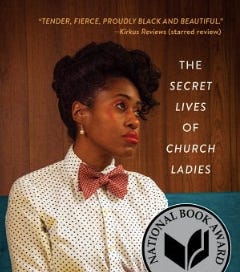

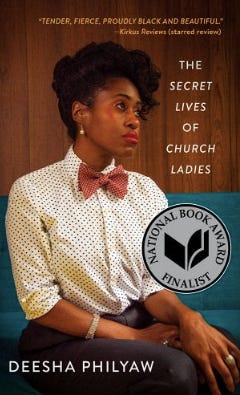
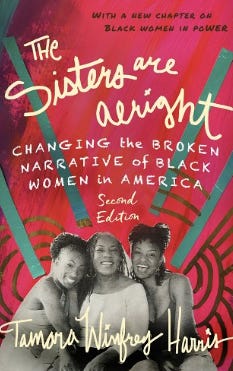
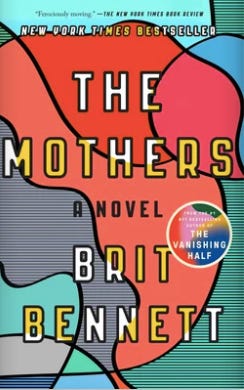
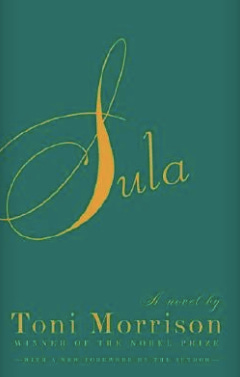
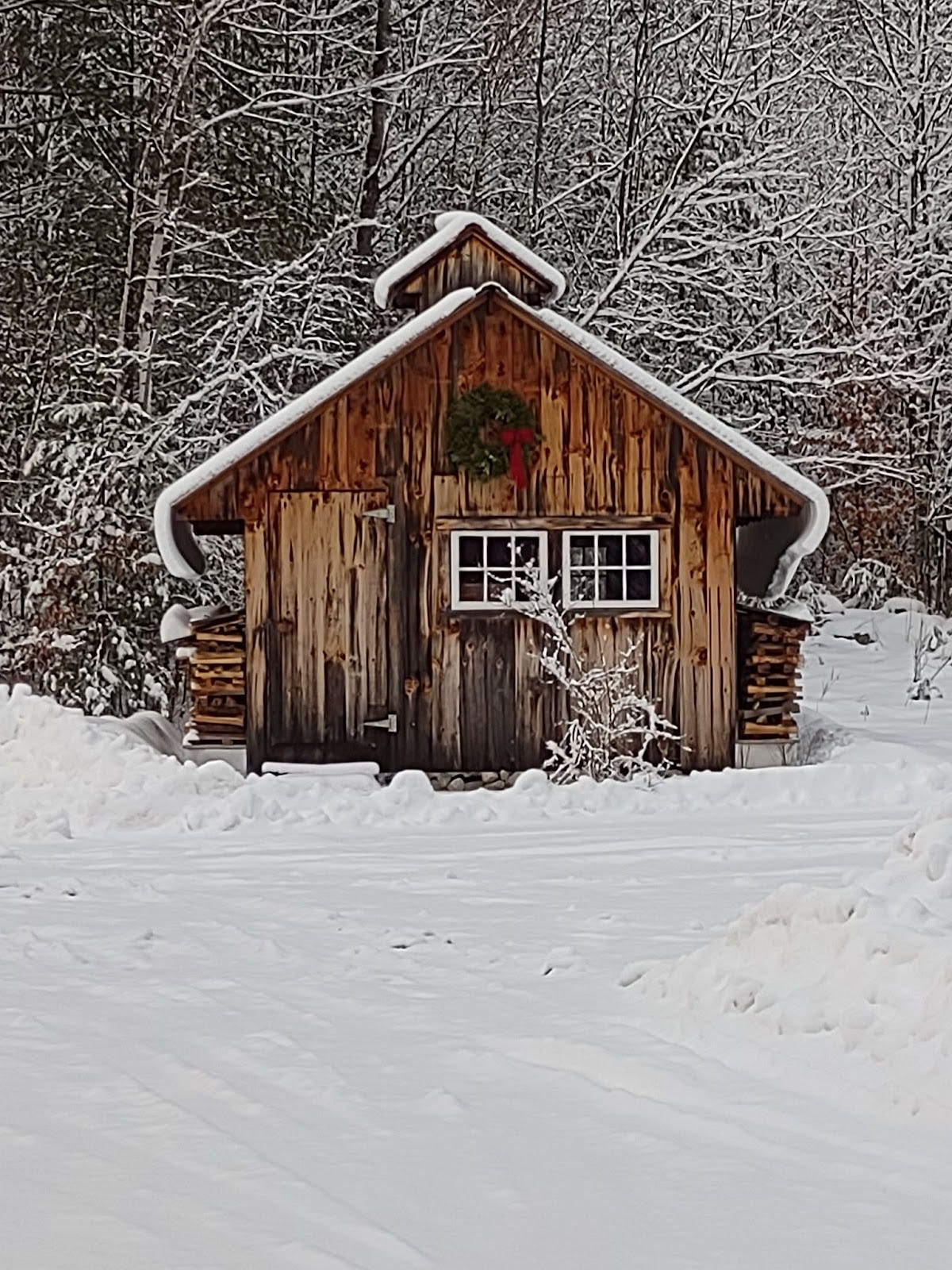

How has keeping secrets affected my life? Profoundly. Molestation, rape ... I even kept one of my children secret after he was kidnapped by his father and I couldn't see him, couldn't get him back ... I just pretended I'd never had a child. Later I came out as a lesbian. I couldn't keep that secret even though many in the community did hide their true selves.
I love this collection so so much. Have you read Anthony Vesna So’s collection? Also very very good.